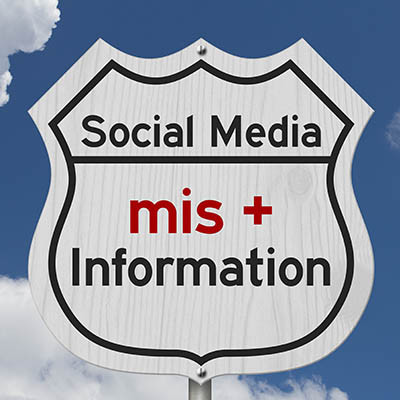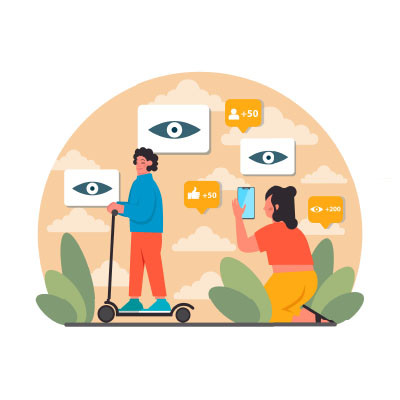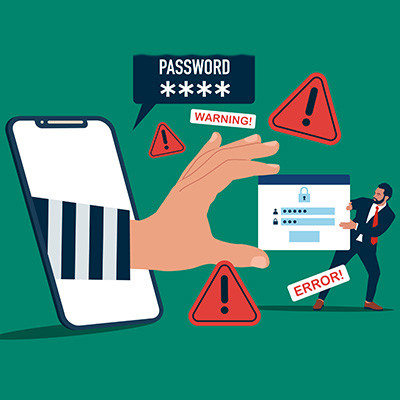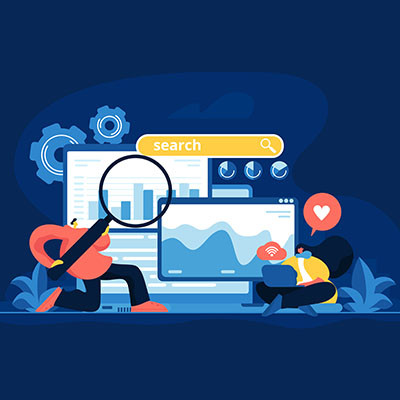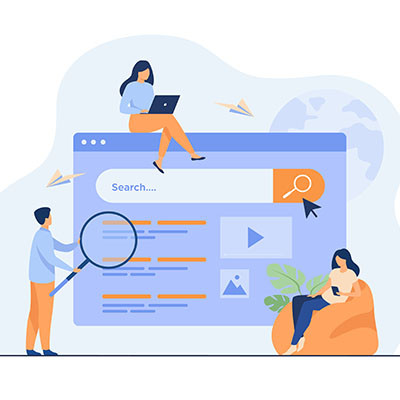While social media has given us the capability to communicate beyond anything we’ve seen since the popularization of the Internet itself, this isn’t all a good thing. These platforms have made it easier for people to scam others, after all, making it necessary for everyone to take their personal cybersecurity and that of their company even more seriously.
Let’s talk about how these scams commonly work.


